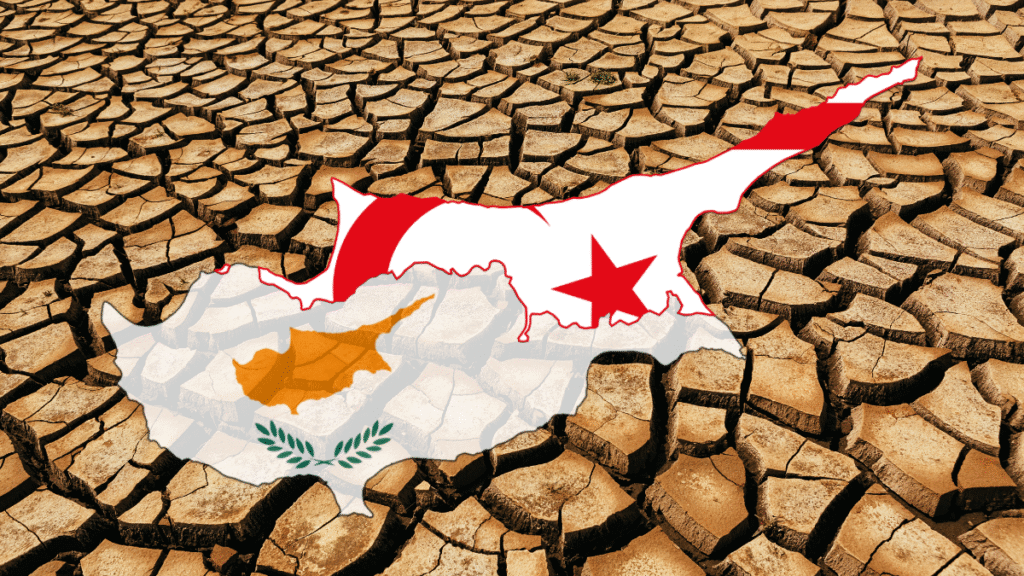
Tag: Cyprus issue


TRNC–UK Engagement Reaches New Heights Under President Tatar

Türk Ajansı Kıbrıs (TAK) has reported on the growing momentum behind UK–TRNC relations, noting that 15 Members of the UK Parliament have visited the Turkish Republic of Northern Cyprus since President Ersin Tatar’s election.
These parliamentarians – from the Conservative Party, Labour Party, and Democratic Unionist Party – held high-level meetings and visited key historical sites, including Maraş and the Murataga-Sandallar-Atlilar Memorial.
The visits reflect President Tatar’s strategic push for broader international engagement, with a clear emphasis on securing a two-state solution grounded in sovereign equality.
The growing interest from across the UK political spectrum marks a notable shift in the level of attention and engagement with the TRNC.
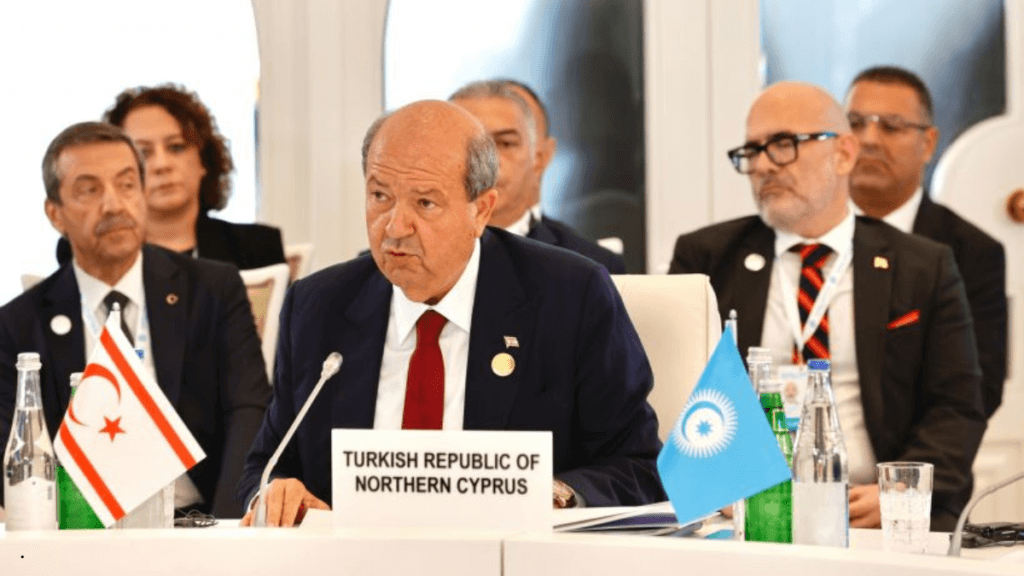
EU Funds Central Asia — But at What Cost to the Turkish Cypriots?
The European Union’s recent pledge of over €12 billion in funding for Central Asian and Turkic states under its Global Gateway initiative has drawn fresh criticism over its tone and intent. While framed as a step toward deeper cooperation, leaders in the region — and supporters of the Turkish Republic of Northern Cyprus (TRNC) — are raising concerns about how this funding is being used, and what political conditions are being imposed in return.
At the Samarkand summit, attended by Uzbekistan, Kazakhstan, Kyrgyzstan, Turkmenistan, and Tajikistan alongside top EU officials, a €12 billion investment package was unveiled. While officially designed to foster deeper EU–Central Asia ties, sources indicate that acceptance of these funds came with politically motivated conditions aimed at marginalising the TRNC and appeasing the Greek Cypriot administration.
These conditions included:
• Recognition of the Republic of Cyprus as the island’s sole legitimate authority.
• Appointment of ambassadors exclusively to the Greek Cypriot administration.
• Rejection of the sovereignty of the TRNC and denial of Türkiye’s legitimate protective role.
• Obstruction of the TRNC’s participation in the Organization of Turkic States (OTS).
These demands were reportedly made in line with UN Security Council Resolutions 541 (1983) and 550 (1984) — resolutions that have long been criticised by Turkish Cypriots as one-sided and outdated. Passed during the Cold War amid immense political pressure, these resolutions fail to reflect the realities on the ground in Cyprus today. Instead, they have been used as a tool to perpetuate the political isolation of the Turkish Cypriot people, despite their ongoing democratic will and consistent calls for peace and parity.
Turkish Foreign Minister Hakan Fidan commented today on the issue, stating:
“There are also areas where we see that the EU is trying to exploit this mutual interest. Of course, we are closely following all aspects of these developments. We are taking the necessary initiatives. We are in contact with our friends, exchanging views, and informing them.”
This development comes just days after the 21st anniversary of the Annan Plan — when the Turkish Cypriot people overwhelmingly voted in favour of reunification and compromise, only to be punished with continued international isolation, while the Greek Cypriot rejection was quietly overlooked.
There is growing concern that the EU’s approach risks appearing more coercive than cooperative — undermining trust in a region that is vital for energy security, trade, and long-term global stability.
At a time when unity is needed to support Ukraine and build genuine partnerships, the UK can — and should — play a different role: one rooted in fairness, dialogue, and recognition of the Turkish Cypriot people’s right to equal representation and sovereign dignity.
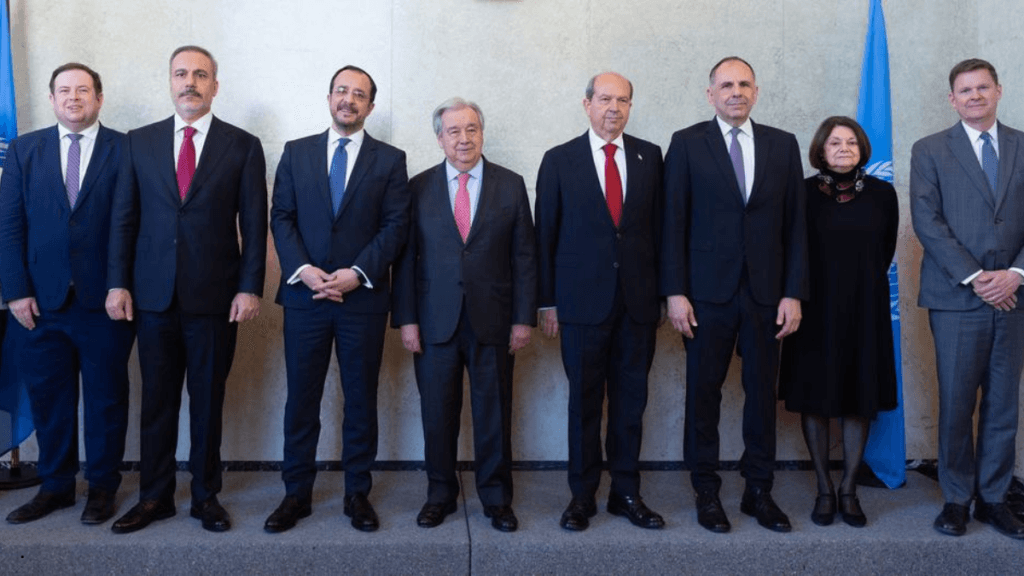
One Week On from Geneva: Where Does Cyprus Go Next?
One week on from the informal UN-led talks in Geneva, the outcome is being viewed as yet another missed opportunity for meaningful progress on the Cyprus issue. While both sides agreed to minor confidence-building measures, the core proposal put forward by the Turkish Cypriot side — aimed at fostering structured cooperation — was rejected by the Greek Cypriot administration.
The Turkish Republic of Northern Cyprus (TRNC) had proposed the creation of a Cyprus Cooperation Council (CCC). This mechanism would bring together the two leaders, their negotiators, and relevant officials to cooperate on key island-wide issues, with the participation of guarantor powers and observers from the UN and the EU.
The CCC would have offered a practical framework for cooperation in areas such as:
- Hydrocarbon resources in the Eastern Mediterranean
- Electricity interconnectivity to the EU grid
- Tourism, trade, and banking
- Judicial matters and irregular migration
- Freshwater management and climate change
- Demining, green energy transition, and disaster preparedness
These proposals were clear, constructive, and left the door open for additional areas of collaboration. However, they were outright rejected by the Greek Cypriot side.
In contrast, the talks concluded with limited agreements on:
- Advancing efforts to open new crossing points
- Clearing landmines
- Generating solar power in the buffer zone
- Restoring cemeteries
- Addressing climate and environmental issues
- Establishing a technical committee on youth affairs
President Ersin Tatar welcomed these as ‘positive’ developments. However, far greater progress could have been achieved had the Greek Cypriot side engaged with the broader cooperative vision presented by the Turkish Cypriots.
This continued refusal to acknowledge the sovereign equality of the Turkish Cypriot people — as enshrined in the original 1960 Republic of Cyprus constitution — demonstrates an unwillingness to move beyond the outdated and failed federal framework.
As former UK Foreign Secretary Jack Straw wrote last week in The Independent:
“To me, the answer to this issue is simple. The only realistic way forward for the island is a two-state solution – a view shared by the TRNC and Turkey. The Greek Cypriots remain doggedly committed to the long failed federal proposal.”
We echo those words.
It is time for the international community to recognise the reality on the ground. Turkish Cypriots are ready to work in good faith, but the future of Cyprus must be built on sovereign equality and peaceful coexistence between two states — not on continued obstruction, isolation, or denial.
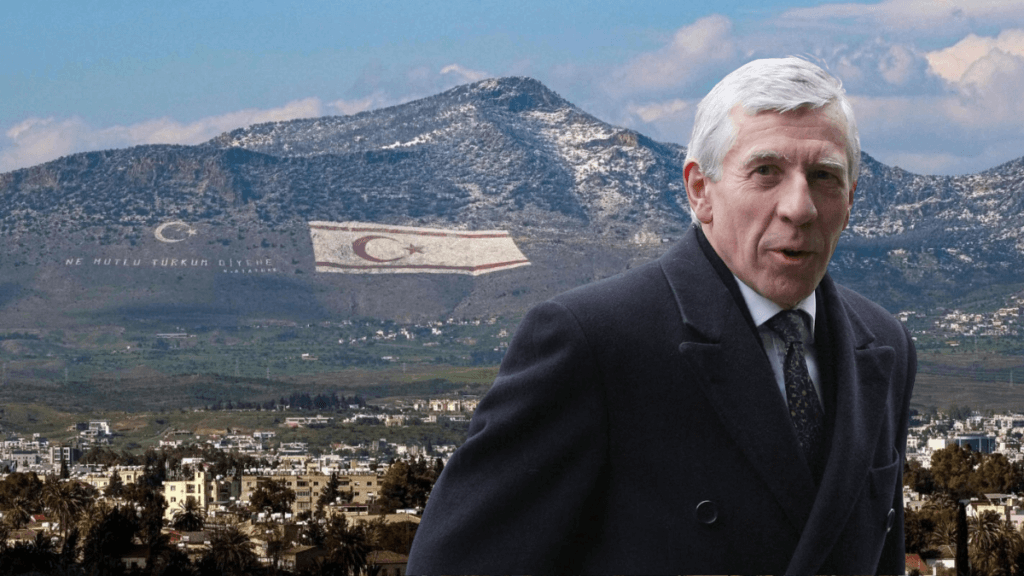
Former UK Foreign Secretary Jack Straw: Two-State Solution is the Only Way Forward for Cyprus

Former UK Foreign Secretary Jack Straw has reiterated his support for a two-state solution in Cyprus, stating that the decades-long federal negotiations have failed due to Greek Cypriot intransigence.
In The Independent, he highlights the missed opportunities for peace, the need for a new approach, and why the UK must reassess its policy.
With the UN talks in Geneva having ended, his intervention adds weight to the argument for recognising Turkish Cypriot sovereignty.
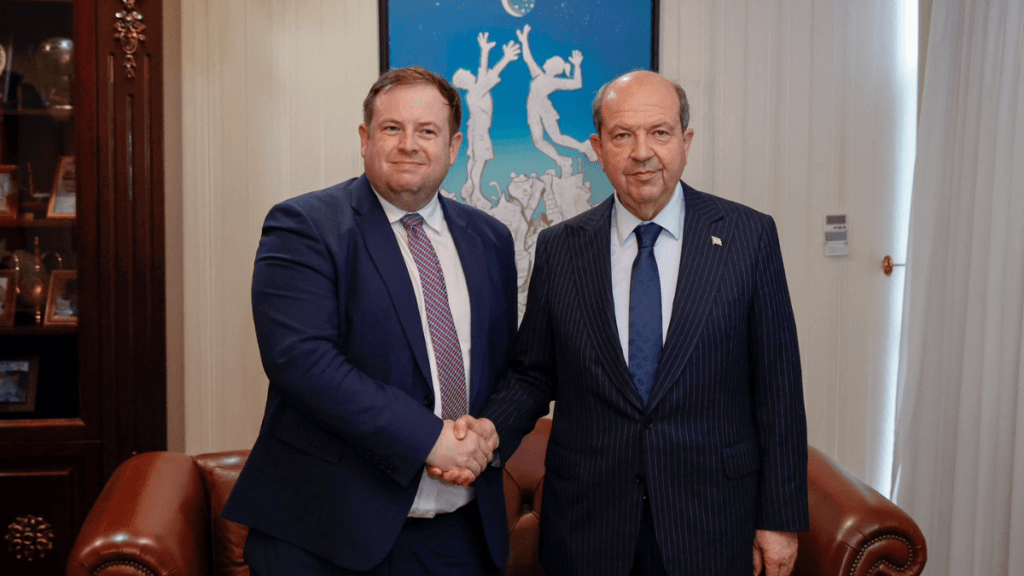
UN Cyprus Talks Will Lead Nowhere Without UK Policy Shift, Minister Warned

MSN reports that ahead of the UN Cyprus talks scheduled for March 17-18, the UK is being urged to reconsider its stance on the long-standing dispute. Concerns have been raised that without a shift in policy from Prime Minister Keir Starmer’s government, the talks will achieve little progress.
TRNC Foreign Minister Tahsin Ertuğruloğlu has made clear that Turkish Cypriots reject returning to failed federal negotiations and that only a two-state solution can provide lasting stability.
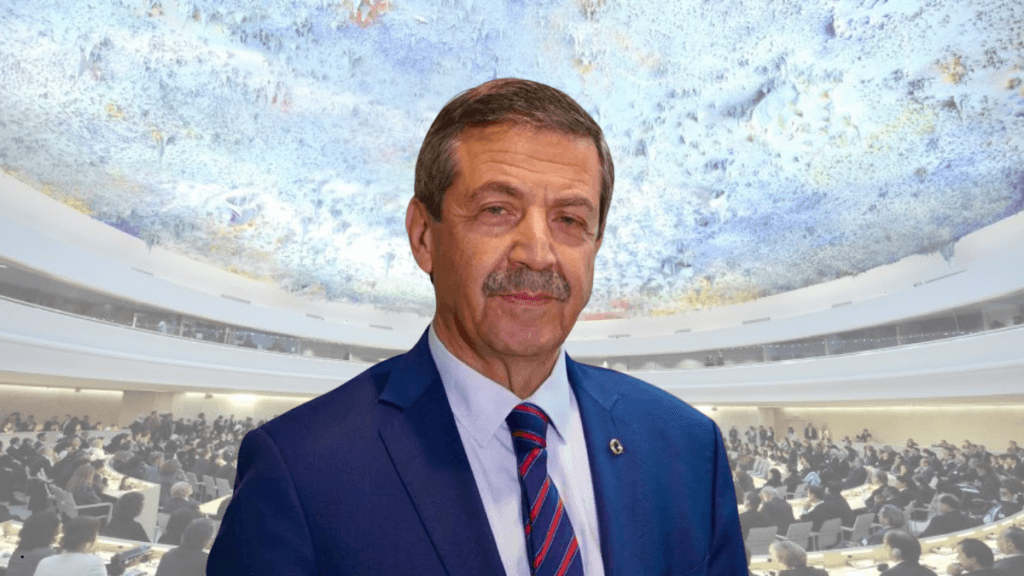
TRNC Foreign Minister Calls for a Fresh Approach Ahead of Geneva Talks
Daily Sabah has reported on TRNC Foreign Minister Tahsin Ertuğruloğlu’s warning that the upcoming Geneva talks will not lead to any progress. Citing decades of failed negotiations, he made clear that Turkish Cypriots will not return to talks that continue to deny their sovereignty.
The report references his previous remarks to Reuters, where he reiterated that a federal solution is no longer an option, and only a two-state model can deliver lasting stability.

UK Minister Visits Turkish Republic of Northern Cyprus Ahead of UN Talks

POLITICO reports that UK Foreign Office Minister Stephen Doughty is visiting Northern Cyprus for a meeting with President Ersin Tatar.
The visit comes ahead of UN discussions on March 17-18 regarding the future of the island.
The meeting signals ongoing UK engagement with both sides of the Cyprus issue as diplomatic efforts continue.

TRNC Foreign Minister: UN Talks Unlikely to Yield Progress

Reuters reports that TRNC Foreign Minister Tahsin Ertuğruloğlu has dismissed the likelihood of progress at the upcoming UN discussions on Cyprus, set for March 17-18.
Speaking ahead of the talks, he pointed to the decades-long failure of federal negotiations and reaffirmed that Turkish Cypriots will not accept anything less than recognition of their sovereign equality.
With no clear common ground, Ertuğruloğlu stressed that the UN must rethink its approach.

TRNC Foreign Minister Urges UK to Rethink Cyprus Policy Ahead of Geneva Talks

Speaking to The Independent, TRNC Foreign Minister Tahsin Ertuğruloğlu addressed the upcoming UN-led informal talks in Geneva, warning that negotiations will fail unless they reflect the realities on the ground.
He stressed that decades of failed federal talks prove that a new approach is needed – one that acknowledges the existence of two separate states on the island.
Ertuğruloğlu also criticised the international community’s continued recognition of the Greek Cypriot administration as the sole authority of Cyprus, despite its rejection of past peace efforts.

